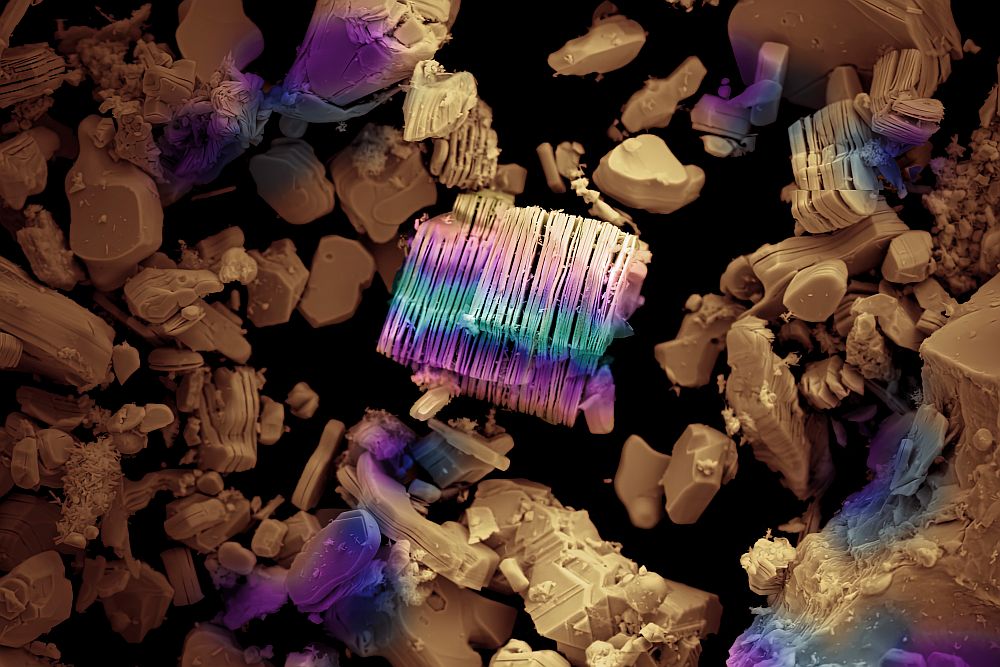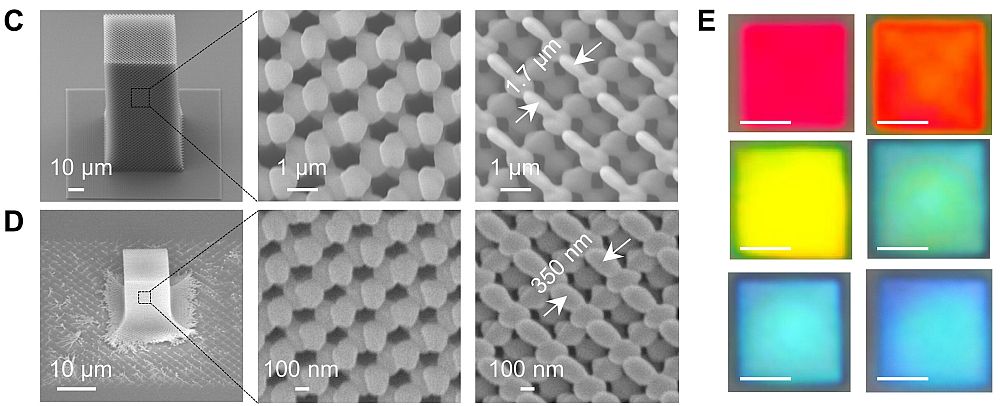Specialized materials that do not change their volume with alteration of temperature may now be easier to produce, thanks to work by a multinational team of scientists into the mechanism of such behavior in antiperovskite manganese nitrides.
Every child learns in school that materials expand or contract with changes in temperature. There are only a few special materials that barely or do not alter their volume in response to temperature, and this normally only occurs over a relatively narrow temperature window. This property is called zero thermal expansion. But such materials are in great demand for both precision engineering of sensitive bulk systems and as components for nanodevices. For example, the gyroscopes used in spacecraft must maintain the same functionality independent of the temperature at which they operate.
The most common way to control thermal expansion is by combining materials with different thermal expansion behavior, however, this method leads to local stresses and strains that often enhance material fatigue and thus shorten component lifetime. Zero thermal expansion in a single, uncombined material is only known in a few cases, one of which is a class of materials called antiperovskite manganese nitrides.
Now, Xiaoyan Song at Beijing University of Technology (China) and coworkers from as far afield as NIST, University of Jena (Germany), the Chinese Academy of Sciences and the National Institute for Materials Science (Japan), have worked together on these antiperovskite manganese nitrides to discover how the effect occurs and thus to extend it beyond the normal temperature ranges for these materials.
The scientists found that the thermal expansion behavior of the antiperovskite manganese nitrides can be controlled by altering the lattice site occupancy of the manganese within the solid-state structure, i.e., each compound has a fixed number of available sites that can be occupied by manganese and some of these sites may be left unoccupied while the whole structure is still retained. Such alteration affects the magnetic ordering in the material which in turn influences the behavior of the material with respect to temperature.
The scientists achieved a much larger than usual range of temperatures over which zero thermal expansion occurs in antiperovskite manganese nitrides; three to four times greater than previously reported.
Professor Song believes that their mechanism for altering the zero thermal expansion behavior is a universal one that could be applied to other types of material also. This result should enable materials scientists to provide engineers and nanoscientists with new and varied building blocks for the most critical of applications.
Editor’s note: Carol Stanier is a writer for Materials Views.
CTT Categories
- Electronics
- Material Innovations
- Nanomaterials


